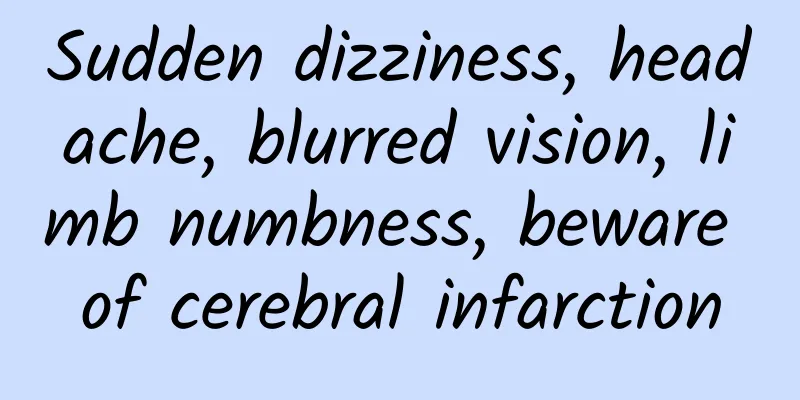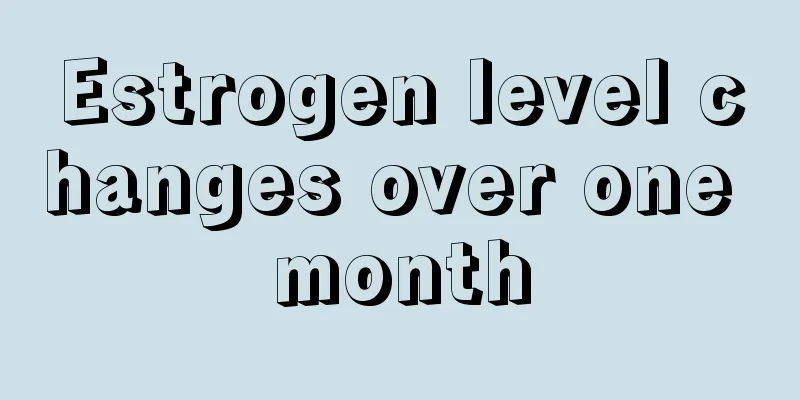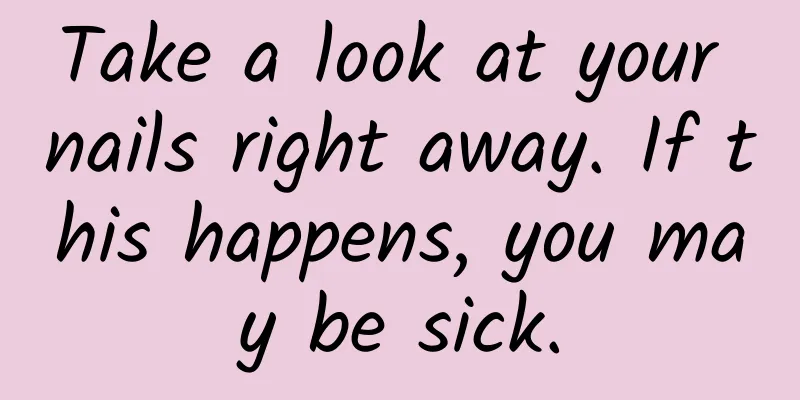Is it necessary to take antihypertensive drugs if blood pressure rises?

|
In recent days, I always encounter a young man at the triage desk. He starts taking off his coat as soon as he enters the room, stretches out his arms, sits down and says to me: "Nurse, take my blood pressure." When I met him for the fourth time, he came over with a blood pressure monitor in his hand and took his blood pressure as usual - 165/101mmHg. Out of curiosity, I took his blood pressure sheet. Except at night, his systolic blood pressure was basically above 140mmHg, and the highest could reach 170mmHg. He said he had just come from the cardiovascular department, but the doctor did not prescribe him antihypertensive drugs. He asked me if my blood pressure was so high, did I really not need medication? Whether or not high blood pressure requires antihypertensive medication depends on many factors, including the accuracy of blood pressure measurement, the patient's overall health, and whether there is cardiovascular risk. Before deciding whether to use antihypertensive drugs, doctors usually consider the patient's clinical condition and may recommend lifestyle adjustments for a period of time to observe their effects before making a decision. For patients with mild hypertension, doctors generally recommend non-drug treatment measures first, such as improving lifestyle habits, including low-salt diet (it is recommended that daily salt intake should not exceed 5g, about the same as a beer bottle cap), quitting smoking and limiting alcohol, exercising moderately, controlling weight and maintaining a regular work and rest schedule, etc. These measures can help lower blood pressure and reduce cardiovascular risks. If your blood pressure continues to rise after a period of lifestyle adjustments, or if you have symptoms such as dizziness, headache, nausea, etc., and these symptoms have affected your normal life, then you need to go to the hospital and use antihypertensive drugs for treatment under the guidance of a doctor. □ Pan Jingcheng, head nurse of the emergency department of Wenzhou People’s Hospital and Wenzhou Maternal and Child Health Hospital |
<<: Migraine frequency can be reduced by more than 50% through medication and lifestyle adjustments
>>: Chest pain = breast cancer? Learn about 7 possible causes of breast pain
Recommend
Gynecological examination showed a large number of lactobacilli
This is an era of openness and also an era of hig...
Hot discussion among netizens! Is oxygen inhalation more refreshing than drinking coffee? Experts say so →
gossip: Using an oxygen concentrator or oxygen ta...
Surgical treatment of uterine prolapse
If you suffer from uterine prolapse, you will wan...
Beauty secrets for 27-year-old women, look here for skin care!
A 27-year-old woman is about to turn 30, and her ...
What causes low body temperature in women?
Most women are afraid of cold, especially in the ...
How to treat acne on a girl's face
In daily life, due to various reasons such as fre...
How to travel with orthokeratology lenses? With this guide in hand, you can travel anywhere you want.
How to take care of orthokeratology lenses when t...
Can donkey-hide gelatin regulate menstruation?
Menstruation is very important to women. Normal m...
Breast pain when menstruation is approaching
There are many reasons for breast pain when menst...
Why is oxytocin useless for pregnant women?
For pregnant women, when it is time for delivery ...
MGI Research: The decline in SMS business in many parts of the world is due to the impact of Internet services
According to the latest statistics on January 2, ...
The dangers of pelvic varicose stones
The pelvis is an important reproductive part for ...
Is it better if the edge of the pistachio opening is as flat as possible? How to tell if a pistachio is naturally open
You can eat pistachios for a longer time by peeli...
What should women do if their breasts are always swollen and painful?
Breast problems are a problem that bothers many w...
What should I do if my teeth become loose during pregnancy?
After pregnancy, many women will experience denta...









